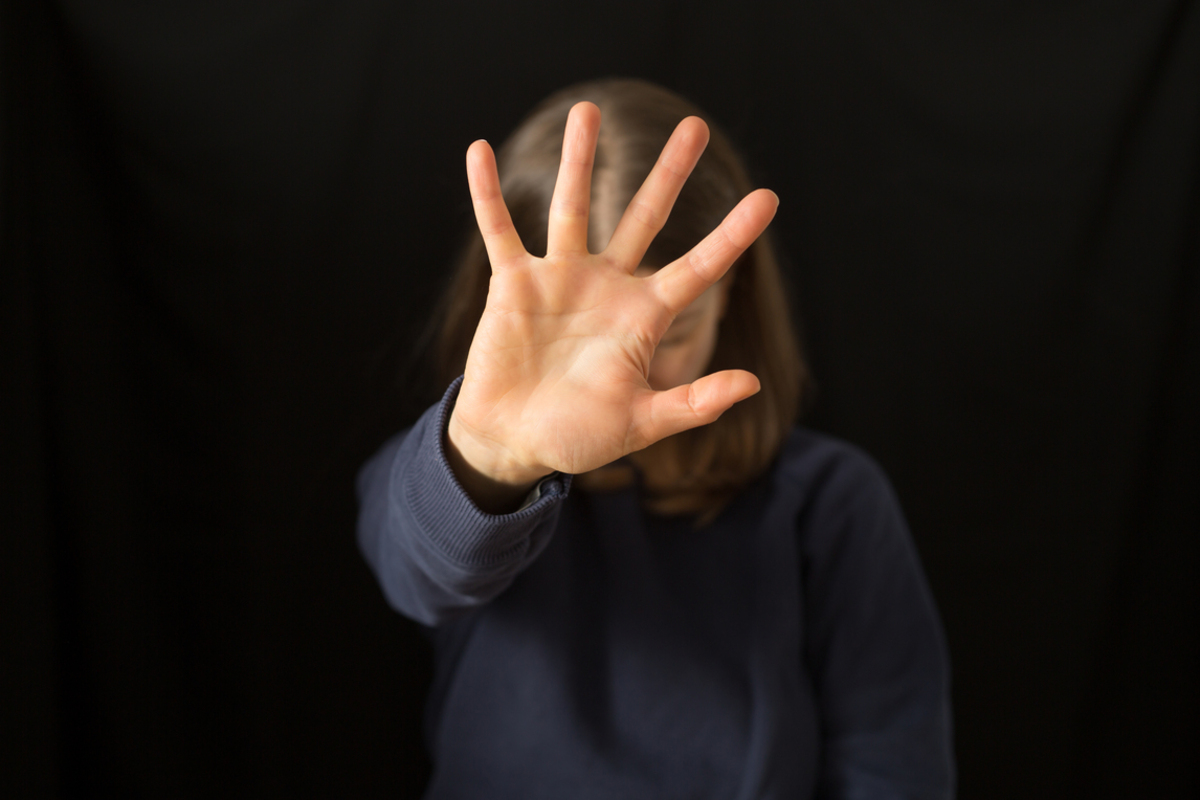SteadyHealth's series of articles about post-traumatic stress disorder covers some topics that, many would say, fall into a category I'd personally refer to as "Captain Obvious".
Take this one, for instance — "Why is post-traumatic stress disorder common in sexual assault survivors?" The answer really is as straightforward as you think, and that would be that PTSD is a trauma-related anxiety disorder, and you don't develop it after, say, weeding the garden or cuddling up with your pet cat. Sexual assault is traumatic, and trauma is the main (and required) risk factor for a diagnosis of PTSD.

Those who get it may wonder why we're writing about these topics at all. It's because people are asking these questions, and we're here to help with answers when we can.
This question can be interpreted in two different ways, after all:
- Why can emotional abuse (directly) cause post-traumatic stress disorder?
- How can a previous history of emotional abuse increase the odds that someone will develop PTSD if they are later again exposed to trauma?
That second one is fascinating, don't you think? Me too. We'll take a look at both questions here.
Why can emotional abuse cause PTSD?
Post-traumatic stress disorder comes with a range of possible symptoms, including intrusive memories, flashbacks (which involuntarily "transport" a person back to the time of their trauma in one way or another), always being on guard for further danger, memory problems, aggressive outbursts, attempts to avoid reminders of the trauma, and many more.
This can happen in a variety of ways — someone with PTSD can have directly experienced a trauma, witnessed it, learned that it happened to someone close to them (if the trauma was violent or accidental), or repeatedly have been exposed to details of trauma others suffered. This last one may involve, for example, a law enforcement officer who is neck-deep in details of child abuse year after year as they collect evidence.
There is no single universally-accepted definition of what constitutes emotional abuse, but the abuser will often have significant actual as well as emotional power over a victim, and some obvious examples would include:
- Gaslighting, in which an abuser causes a victim to question their own sanity by manipulating them or the environment. They may try to convince a victim that their memory is faulty, for instance, by insisting that something that happened never did.
- Defamation, or the treat thereof — the abuser tells damaging lies about the victim that harm their reputation, often with the specific goal of discrediting them.
- Verbal bullying, including humiliation, insults, and intimidation that systematically wear the victim's self-esteem away.
- Threats to commit violence against the victim or someone else, or, for instance, in domestic violence situations, to take the children away, or to commit suicide if the victim tries to leave.
- Convincing the victim that they're lucky and nobody else would ever love them.
Can a history of emotional abuse increase your odds of PTSD later in life after another traumatic event?
Not everyone who lives through a trauma develops post-traumatic stress disorder as a result of that particular trauma. If you have experienced emotional abuse and didn't already end up with PTSD, does this trauma increase the odds that you will indeed suffer from post-traumatic stress disorder if you later again live through a traumatic event?
Research indicates that it does. Soldiers who suffered childhood abuse are more likely than those who didn't to develop PTSD after combat exposure and experience. Soldiers who previously suffered combat stress are more likely to develop PTSD after fighting in a subsequent war.
Those who have lived through multiple traumatic events or were exposed to prolonged trauma are also more likely to later get post-traumatic stress disorder from another trauma than those who lived through a single traumatic event.
It is possible, then, that one "round" of trauma makes the brain more vulnerable to more, raising the risk of PTSD. It is also known, however, that early exposure to abuse (that is, in childhood) causes a person to develop warped ideas of what human interaction is supposed to be like, lowering their self-esteem and thinking abusive behavior is normative.


Your thoughts on this